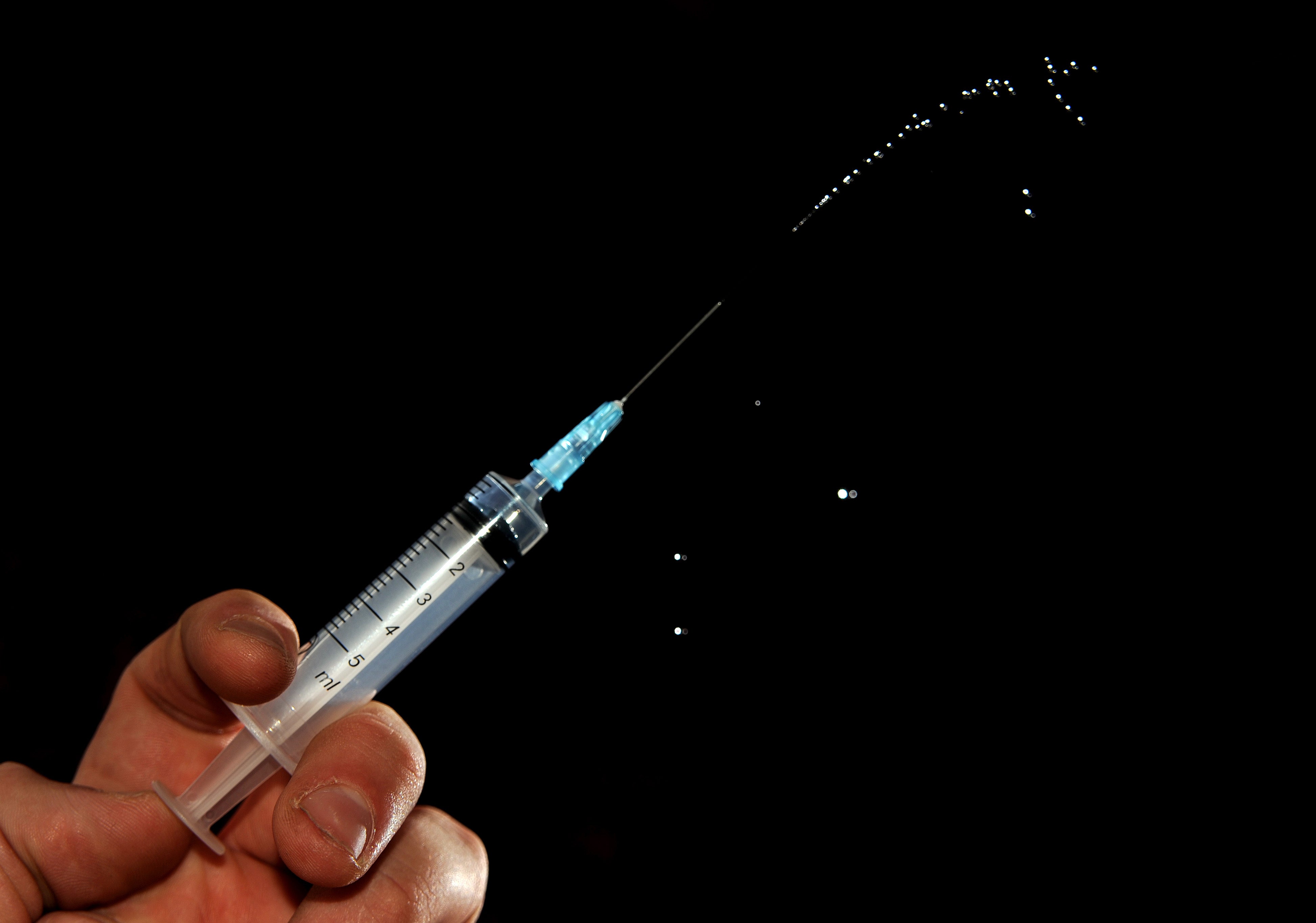Get vaccines and do not mistake meningitis for hangover, student freshers warned
Young people are being asked to arrange to get any vaccines they might have missed over the years.

Your support helps us to tell the story
From reproductive rights to climate change to Big Tech, The Independent is on the ground when the story is developing. Whether it's investigating the financials of Elon Musk's pro-Trump PAC or producing our latest documentary, 'The A Word', which shines a light on the American women fighting for reproductive rights, we know how important it is to parse out the facts from the messaging.
At such a critical moment in US history, we need reporters on the ground. Your donation allows us to keep sending journalists to speak to both sides of the story.
The Independent is trusted by Americans across the entire political spectrum. And unlike many other quality news outlets, we choose not to lock Americans out of our reporting and analysis with paywalls. We believe quality journalism should be available to everyone, paid for by those who can afford it.
Your support makes all the difference.Students have been urged to put vaccinations on their to-do list for university to protect against a number of life-threatening illnesses.
The UK Health Security Agency (UKHSA) has reminded young people and their parents to check they are up to date with jabs against serious diseases including meningitis, septicaemia and measles.
As Freshers’ Week and the inevitable mixing of masses of students from across the UK and overseas draws near, students are being asked to arrange to get any vaccines they might have missed.
Meningitis charities have joined the call, warning that the disease can be difficult to distinguish from a bad hangover in its early stages.
The UKHSA said the three vaccines students should get are MenACWY, to protect against four common strains causing meningitis and septicaemia; MMR, to protect against measles, mumps, rubella; and HPV for female students to protect against cervical and other cancers caused by the human papilloma virus (HPV) and genital warts.
Students can check with their GP practice to find out which vaccines they have had or need.
The UKHSA said that students should ideally have any vaccines they have missed at least two weeks before leaving for university, but that they should otherwise arrange to have them as soon as possible.
Meningitis and septicaemia can develop suddenly and symptoms to look out for include a blotchy rash that does not fade under a glass, fever, headache, aching muscles and joints and a stiff neck.
All students need to be aware of the signs and symptoms of meningitis and septicaemia. Don’t assume it’s just a hangover or freshers’ flu.
Measles is described as a highly infectious viral illness that can also have serious consequences, generally being more severe in teenagers and young adults and often leading to hospital admissions.
It begins with cold-like symptoms and sore red eyes, followed by a high temperature and a red-brown blotchy rash, the UKHSA said.
Dr Shamez Ladhani, consultant epidemiologist at the agency, said: “We know that colleges and universities can be hotspots for the spread of diseases such as meningitis and measles.
“At the top of any list of essential things to get for college should be any missed vaccines – it could save your life. If unsure check with your GP to make sure that you are up to date with the MenACWY, MMR and HPV vaccinations before term starts.
“And all students need to be aware of the signs and symptoms of meningitis and septicaemia. Don’t assume it’s just a hangover or freshers’ flu.
“If you’re poorly make sure a friend knows and stay in touch regularly with friends who are ill. These diseases can progress rapidly so urgent action in getting medical attention is critical – call NHS 111 straight away.”
Meningitis can kill healthy people within hours and is difficult to distinguish from a bad hangover or more common milder illnesses in the early stages
Claire Wright, from the Meningitis Research Foundation, said: “Meningitis can kill healthy people within hours and is difficult to distinguish from a bad hangover or more common milder illnesses in the early stages.
“By taking up the free MenACWY vaccine, school leavers are not only protecting themselves but also protecting others by stopping the bacteria from being passed on.
“For those who have already been vaccinated it remains important to be aware of the signs and symptoms of meningitis because the free vaccine does not protect against MenB, which is the most common cause of life-threatening meningitis amongst this age group.”